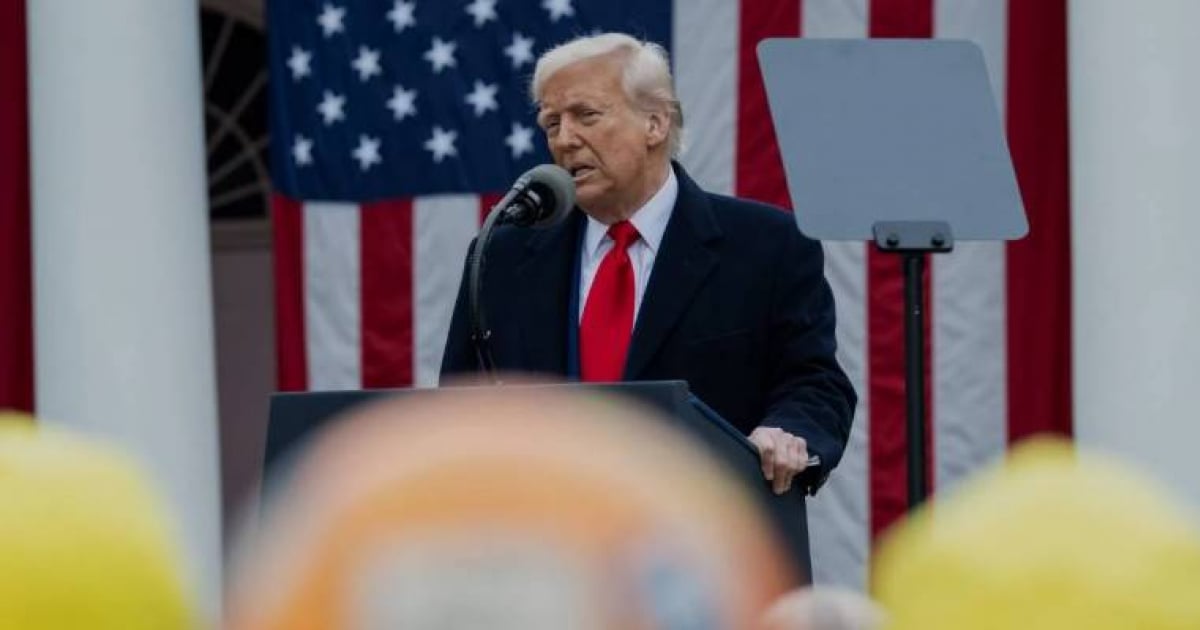President Donald Trump's ambitious legislative plan, which he dubbed the "grand and beautiful bill," faced an unexpected setback on Friday as it failed to move forward in the House Budget Committee. This came after a surprising revolt from several key Republicans. The proposal, a comprehensive legislative package consolidating policies from 11 different committees, sought to advance Trump's priorities including immigration, taxes, energy, defense, debt limits, and stricter Medicaid requirements, as reported by Fox News.
However, five Republican votes against it thwarted its approval, marking a significant blow to the Republican leadership in the House, who had aimed to bring the measure to a general vote next week. Among the dissenters were Representatives Chip Roy (Texas), Josh Brecheen (Oklahoma), Andrew Clyde (Georgia), and Ralph Norman (South Carolina). Representative Lloyd Smucker (Pennsylvania) also strategically switched his vote to "no" to allow for the bill's reconsideration.
“Only in Washington do we bet that everything will work out in five years,” Chip Roy stated during the debate. “We need to change the direction of this city. That includes addressing Medicaid.” The rebellious Republicans, part of the influential Freedom Caucus, expressed frustration over Medicaid restrictions not taking effect until 2029 and criticized the gradual elimination of green energy subsidies inherited from the Biden administration.
“Medicaid work requirements must start NOW, not in 2029, and the green scam needs to be fully repealed, as President Trump requested,” Roy wrote on X (formerly Twitter) following the vote. The tension was palpable in the Capitol halls, with Representative Brandon Gill (Texas) even arriving from home despite being on leave for the birth of his newborn, hoping to tip the scale in favor of the bill. Nevertheless, it was not enough.
From his social media platform, Truth Social, Trump criticized the opponents as “attention seekers” and urged Republicans to rally behind the project. His message, however, failed to sway the dissenters, partly because Trump was still abroad, returning from a diplomatic tour in the Middle East.
House Speaker Mike Johnson (R-La.) remains determined to push the project through using the budget reconciliation process, a tool that allows fiscal and spending legislation to be passed with a simple majority in the Senate, thus bypassing the Democratic opposition's filibuster.
Johnson aims to have the text approved in the House before Memorial Day and coordinate with the Senate to reach Trump's desk by July 4th. But with internal divisions laid bare, the path forward is fraught with challenges. The committee may reconvene on Monday to try to salvage the legislation. If successful, the bill would proceed to the Rules Committee before reaching the House floor for a final vote.
For now, the fate of the "grand and beautiful project" remains in limbo, subject to internal negotiations and the delicate balance of power within the Republican Party itself.
Key Questions About Trump's Legislative Proposal
Why did the Republican members oppose the bill?
The opposition stemmed from concerns about Medicaid restrictions not taking effect until 2029 and the gradual elimination of green energy subsidies, which several Republicans found unacceptable.
What is the significance of the budget reconciliation process?
The budget reconciliation process allows fiscal and spending legislation to pass with a simple majority in the Senate, avoiding the need for a supermajority to overcome a filibuster, thus facilitating easier passage of the bill.
